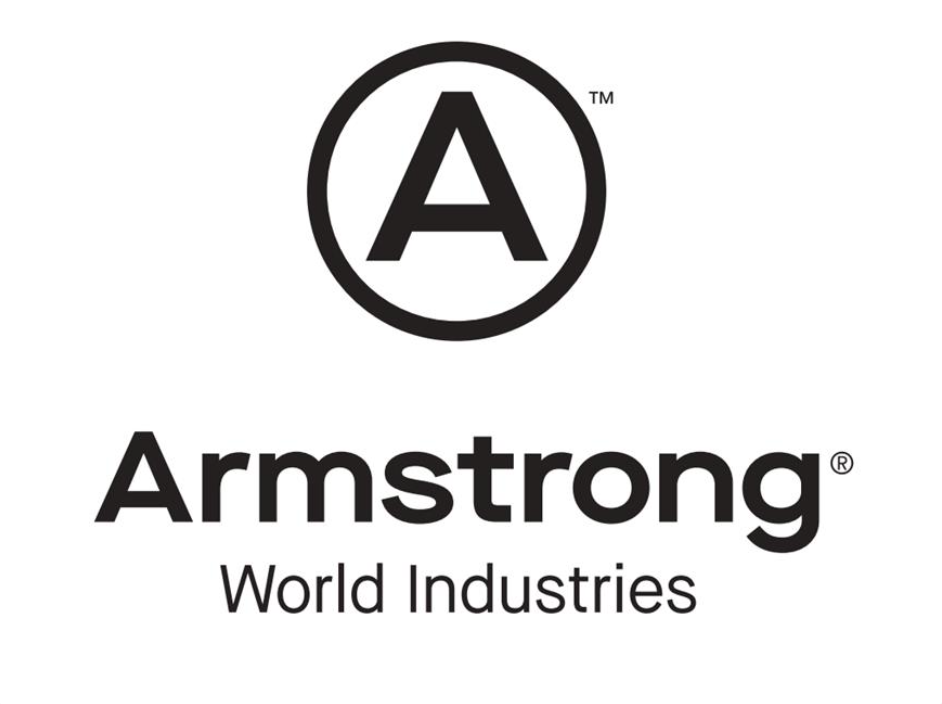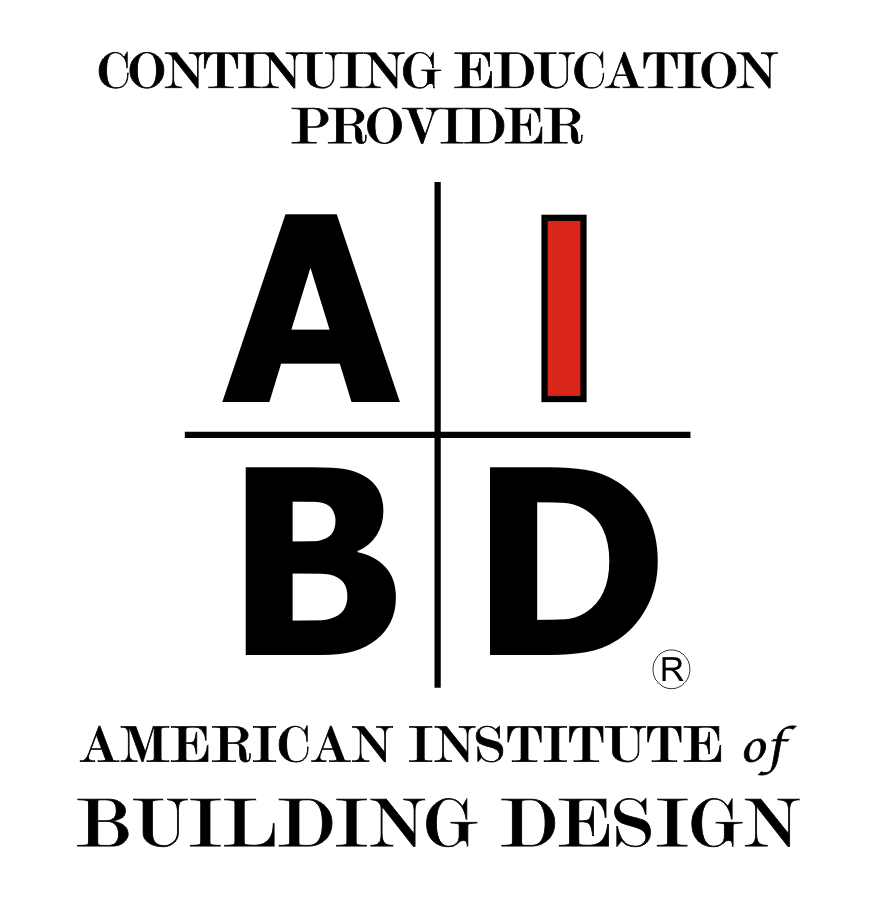Embracing Circularity in Design
Exploring sustainable practices and innovative building solutions within a circular economy
Sponsored by Armstrong World Industries | Presented by Almog Paz, Anita Snader, and Giulia Santoro
Webinar On-Demand
Please note: The quiz will be available within 24 hours after this webinar.
This webinar is part of the Sustainability Academy
Discover the transformative power of circularity in design, where resources are efficiently utilized and waste is minimized within a closed-loop system. Throughout this webinar, experts will emphasize the significance of circularity in the built environment, shedding light on the impact of the linear economy and the vital transition to a circular approach. Our speakers will provide valuable strategies for architects and designers to effectively incorporate circularity into their projects, showcasing real-life examples of successful implementations.
Furthermore, we will explore the latest innovations in the manufacturing industry, uncovering how they promote circularity in operations and products. By the end of the webinar, attendees will leave equipped with a deeper understanding of how to infuse circularity into their designs, harnessing its numerous benefits to propel designs towards a sustainable future.
We are excited to bring you a panel comprised of circularity experts from across the industry.
Almog Paz from the Ellen MacArther Foundation (EMF) will provide a broad overview of circularity and the importance of EMF’s work in realizing the benefits created by embracing a circular economy.
Anita Snader with Armstrong World Industries will provide an overview of the commitment to circularity from a manufacturer’s perspective. Additionally, she will discuss “circulytics” (a means to measure circular economy performance) as well as end-of-life solutions and how circularity impacts embodied carbon.
Finally, Arup’s Giulia Santoro’s presentation will focus on circularity in the built environment, incorporating a project example to highlight key aspects of this important trend.
The webinar will conclude with a brief Q&A session where attendees can pose questions to our presenters.

 |
Almog Paz, is a Senior Partnerships Manager at Ellen MacArthur Foundation, a charity committed to creating a circular economy that delivers better outcomes for people and the environment. As the newest addition to the organization's USA team, he combines his relationship-building and passion for impact to drive strategic collaborations around eliminating waste and pollution, circulating materials and products, and regenerating nature. |
 |
Anita Snader, LEED AP is the Environmental Sustainability Manager of Armstrong and is an integral member of the Sustainability team at Armstrong World Industries. As a dedicated team member, she is focused on integrating the 2030 Sustainability platform into all aspects of our business. She provides direction to our product sustainability strategy and our Product Pillar. Anita has led Armstrong’s commitment to material health, transparency and carbon reduction efforts through Armstrong’s SUSTAIN™ portfolio of high-performance ceiling systems. A key area of focus is on Circularity, both in our operations and product, which continues Armstrong’s leadership in this area in the ceiling industry. As a LEED AP, she chaired the LEED EB Platinum certification for the Armstrong Headquarters in June 2007, and recertification in 2014 and 2020. She has also led the FitWel Certification and WELL Health Safety Rating for our Customer Avenue on the Armstrong Campus in Lancaster, Pennsylvania. |
 |
Giulia Santoro, Sustainable Development, is a building engineer, circular economy and embodied carbon consultant and Global Circular Economy Service Manager at Arup. Her expertise lies mainly in the development of circular economy strategies, decarbonisation roadmaps, Life Cycle Assessment (LCA) and carbon footprint analysis at different scales, from interior fit-out to buildings, infrastructures and at cities level. |
Armstrong World Industries is a leader in the design and manufacture of innovative commercial ceiling and wall systems. At home, at work, in health-care facilities, classrooms, stores, and restaurants, Armstrong Ceiling & Wall Solutions offer interior options that help
create healthy, sustainable spaces that protect people and cultivate well-being and comfort so they can be at their best.
Armstrong is committed to developing new and sustainable ceiling solutions, with design and performance possibilities that empower its customers to create beautiful, high-performance residential and commercial buildings. Armstrong continues to grow and prosper for the benefit of all its stakeholders.
armstrongceilings.com/commercial
Originally published in Architectural Record
Originally published in May 2023
LEARNING OBJECTIVES
- Define the concept of a circular economy and its importance in the built environment, including its potential to reduce carbon emissions and promote sustainability.
- Identify strategies and approaches for transitioning from a linear economy to a circular one in the design and construction industry, considering the benefits of circular materials, construction practices, and resource efficiency.
- Explore opportunities to incorporate circularity within architectural and design projects, including case studies and best practices that demonstrate successful implementation of circular principles in material sourcing, product design, and construction methods.
- Examine the innovations and advancements occurring in the manufacturing industry to promote circularity in their operations and products, highlighting the potential for collaboration and industry-wide efforts to drive circularity in the built environment.











